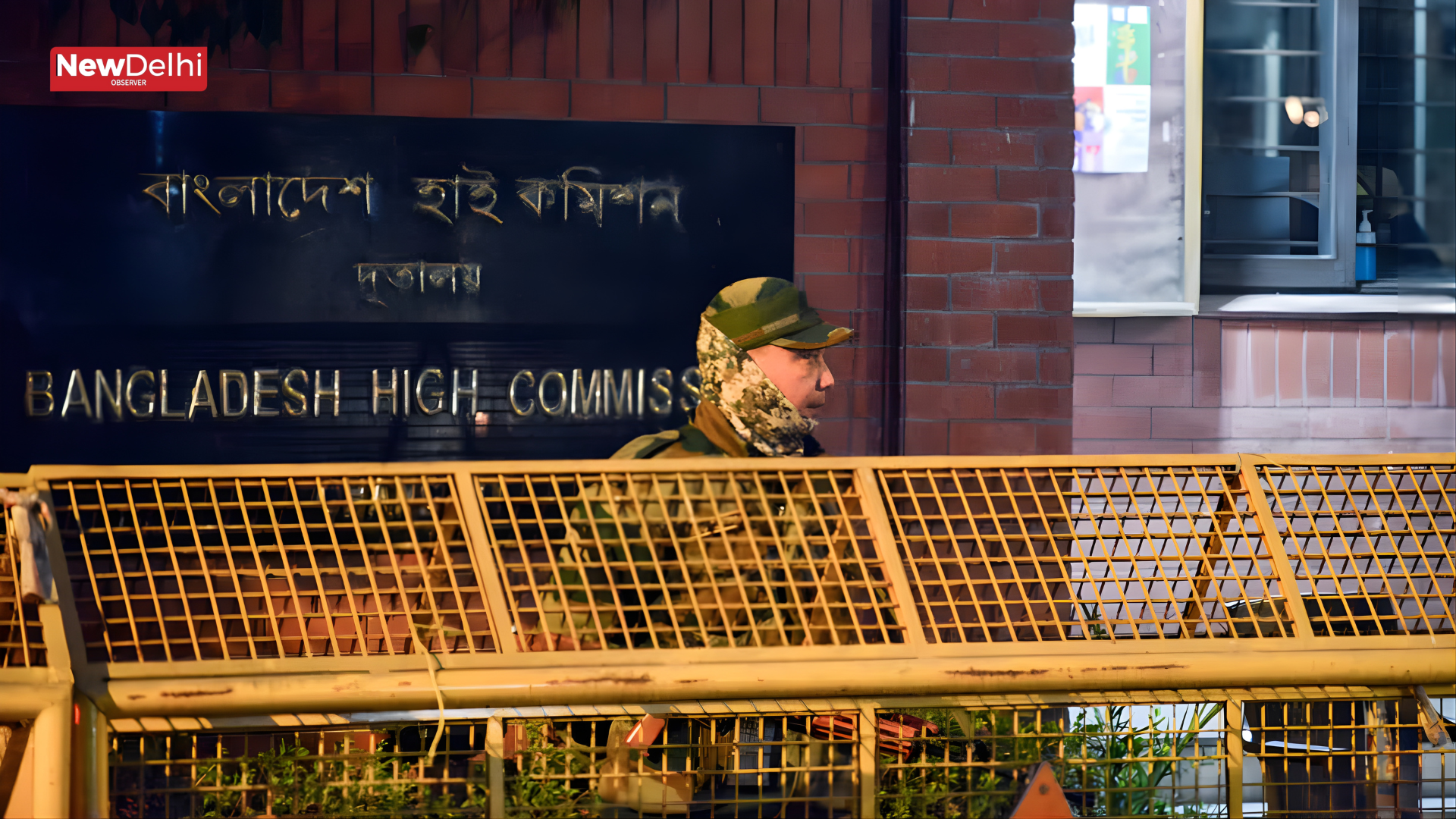On December 2, a large protest march will start from Noida and head toward Delhi. The Bhartiya Kisan Parishad (BKP) is leading this event. They have teamed up with other significant farmer organizations, including the Kisan Mazdoor Morcha (KMM) and the Samyukt Kisan Morcha (SKM). The primary goal of the march is to demand compensation and benefits under the new agricultural laws.
Details of the March
The protest will begin at noon. Farmers will gather under the Maha Maya flyover in Noida. They will be led by BKP leader Sukhbir Khalifa. This protest aims to express the farmers’ collective concerns regarding the recent agricultural legislation. Organizers expect a considerable turnout that will likely result in a large-scale demonstration.
Traffic Advisory for Commuters
In light of the planned protest, Noida authorities have issued an important traffic advisory. They warn commuters to expect potential traffic disruptions. Key routes leading into Delhi may experience significant delays. To assist travelers, alternative routes are being recommended. This is to help avoid heavy congestion during the march.
Authorities are encouraging people to utilize the metro system. Using the metro can provide a smoother and more efficient transit option. With large crowds expected, public transport is likely to be the best choice for commuters.
Safety Measures and Traffic Control
To ensure the safety of both the protesters and the general public, law enforcement agencies are taking precautions. The Delhi Police and Gautam Buddh Nagar Police will monitor the situation closely. They will implement traffic diversions and conduct checks at key border points. Additionally, barriers will be strategically placed to control traffic flow and minimize congestion during the march.
Authorities are committed to managing the situation effectively. They are prioritizing safety while allowing the farmers to express their grievances. These measures aim to keep traffic disruptions to a minimum.
Background of the Protest
The farmers’ protest arises from growing discontent regarding the new farm laws. Many farmers feel these laws threaten their livelihoods and rights. They are calling for fair compensation and benefits to support their futures. The demonstrators are united in their efforts, reflecting the urgency of their demands.
As the march progresses towards Delhi, it is essential to understand the underlying issues. The farmers’ call for compensation addresses their concerns about income stability. This protest symbolizes a broader struggle faced by many in the agricultural sector.
Impact on Daily Life
The anticipated disruption to traffic will likely affect daily commuters in the region. The march can obstruct the normal flow of traffic throughout the day. Authorities advise all commuters to stay informed about traffic updates. This is crucial for planning their journeys and avoiding any unnecessary inconvenience.
Motorists are encouraged to check local news and traffic advisories. Staying updated can help them navigate around the affected areas. Utilizing different transportation options, including public transport, may help alleviate road congestion.
Community Solidarity
This protest is not just about the farmers. It represents a movement that resonates with many in the community. The collective voices of the farmers highlight the importance of fair treatment in agriculture. Anyone who supports their cause can participate in the discussion. Community engagement can lead to greater awareness of agricultural issues.
The collaboration among the various farmer groups signifies unity. They understand that their strength lies in their numbers. With multiple organizations coming together, their message carries more weight.




